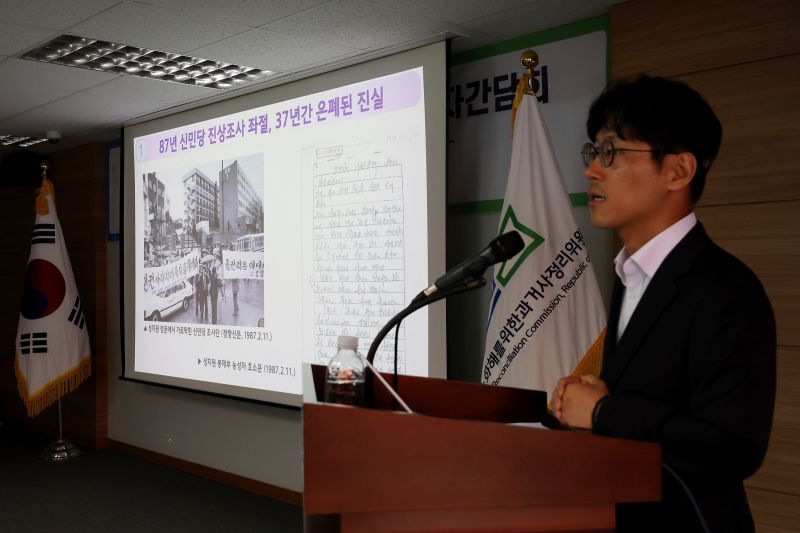
Shocking Revelations: Forced Adoption Scandal Uncovered in South Korea, Former ‘Baby Exporter’ Capital
South Korea’s Baby Export Scandal: Uncovering a Dark Chapter in History
The recent revelations regarding South Korea’s past as the world’s biggest baby exporter have brought a shocking and somber truth to light. This dark chapter in history sheds light on the heartbreaking stories of mothers who were coerced or forced to give up their children for adoption. The evidence that has come to the forefront paints a disturbing picture of a systematic practice that shattered the lives of many women and their offspring.
One of the most distressing aspects of this scandal is the emotional toll it took on the mothers who were pressured or deceived into giving up their children. Many of these women were young, vulnerable, and facing dire circumstances, making them easy targets for those seeking to profit from the adoption industry. The trauma and grief experienced by these mothers cannot be understated, as they were robbed of the fundamental right to care for and raise their own children.
The impact of this scandal extends beyond the immediate families involved, reaching into the fabric of South Korean society and the global adoption community. For decades, South Korea was known as a major source of adoptable infants, with thousands of children being sent overseas to families in countries such as the United States, Europe, and Australia. While adoption can offer a loving home to children in need, the ethical implications of practices that exploit vulnerable birth mothers cannot be ignored.
In recent years, efforts have been made to uncover the truth behind South Korea’s baby export industry and provide support to those affected by its legacy. Advocacy groups and individuals have been working tirelessly to raise awareness, seek justice for families torn apart by forced separations, and promote reforms to prevent such tragedies from happening in the future.
The stories of the mothers and children impacted by this scandal serve as a powerful reminder of the importance of upholding human rights, protecting the most vulnerable members of society, and holding accountable those who seek to profit from the suffering of others. As we confront the painful truths of the past, we must also strive to create a more just and compassionate future for all individuals, regardless of their circumstances or backgrounds.
In conclusion, the revelations surrounding South Korea’s history as a major baby exporter have shed light on a dark and tragic chapter in the country’s past. By acknowledging and addressing the injustices committed against vulnerable mothers and their children, we can begin the process of healing and reconciliation, and work towards a more equitable and compassionate society for all.
